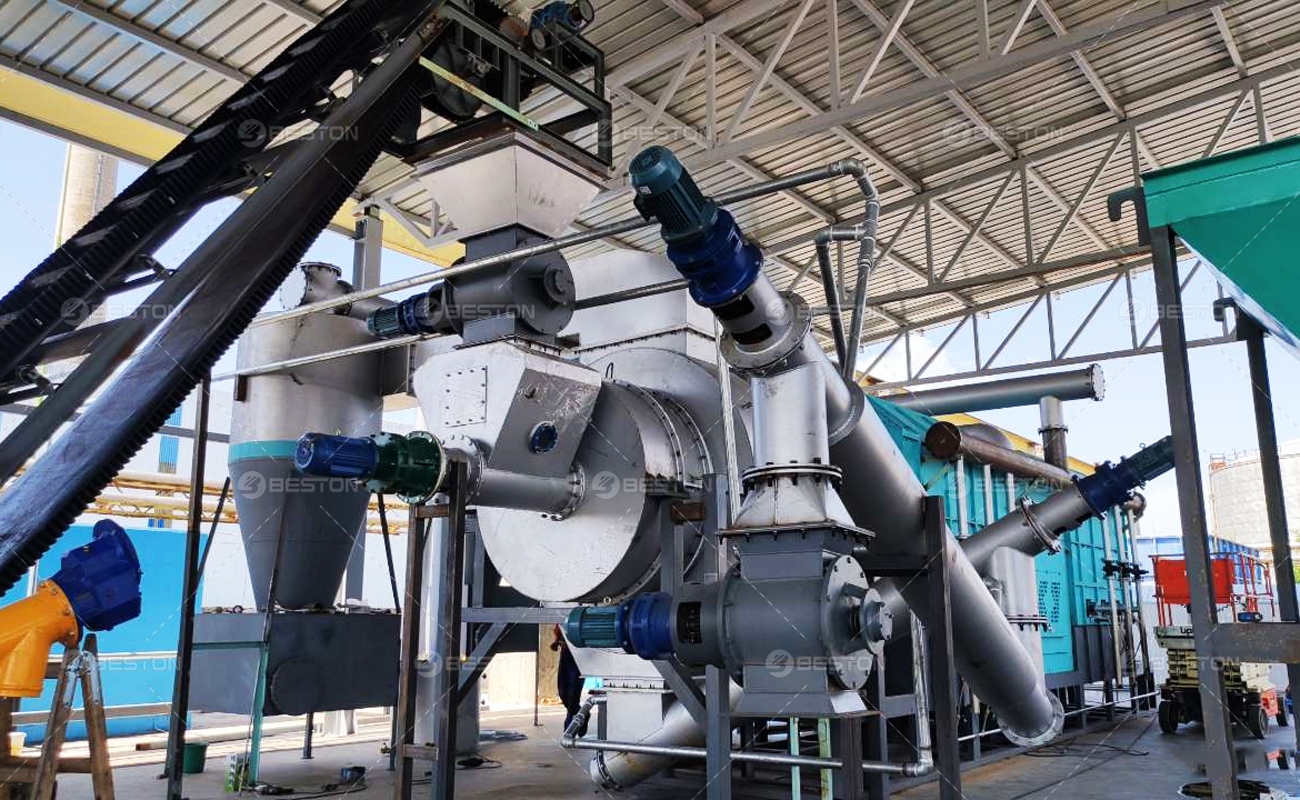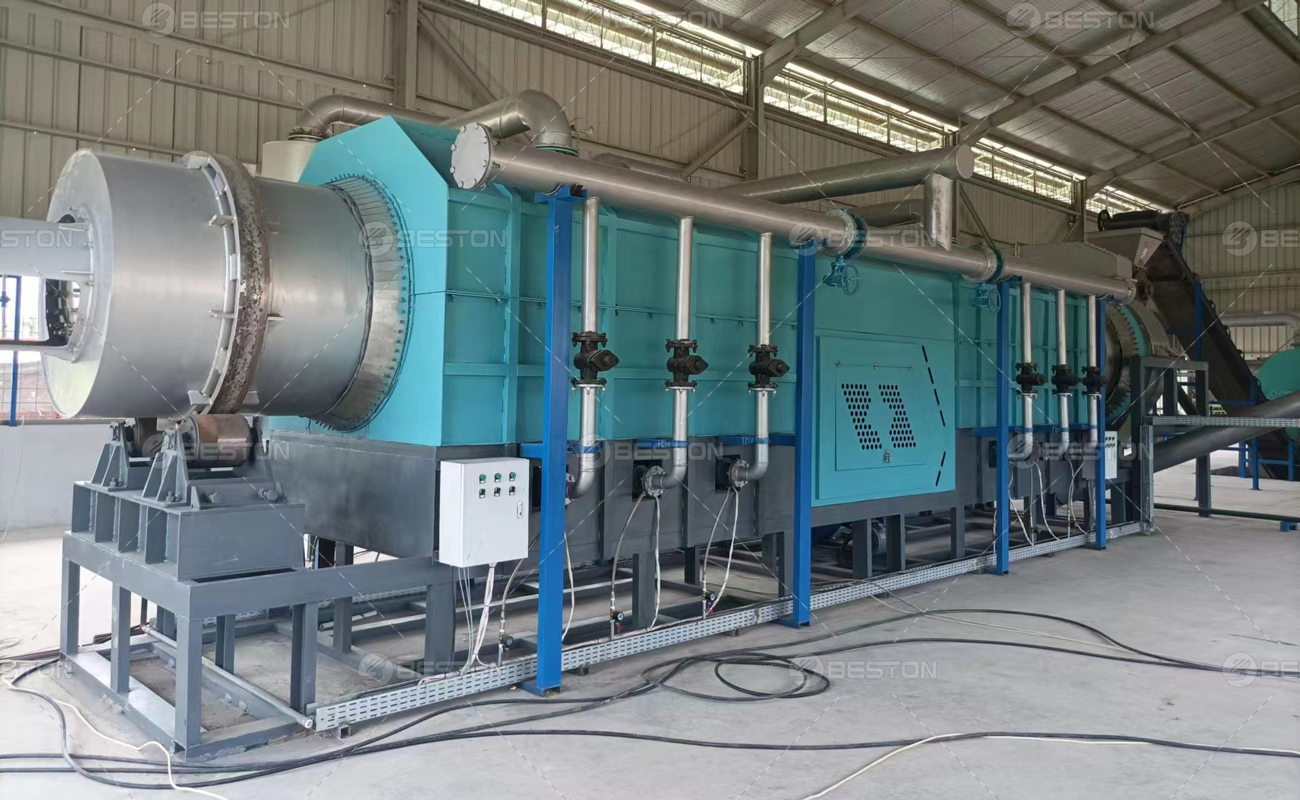Introduction
Agriculture, the cornerstone of human civilization, is undergoing a transformative phase driven by technological advancements. One such innovation, charcoal making machines, is changing the landscape of farming by harnessing the power of pyrolysis to convert organic materials into valuable resources. In this article, we delve into the science behind charcoal production, its role in waste management, and the sustainable farming practices it promotes.

The Science Behind Charcoal Production
Pyrolysis: The Heart of Charcoal Making
At the core of charcoal production machine lies the process of pyrolysis, a thermochemical decomposition method that occurs in the absence of oxygen. During pyrolysis, organic materials, such as agricultural residues and wood chips, are subjected to high temperatures, causing them to break down into charcoal.
Temperature and Oxygen Control
The quality of charcoal produced is heavily influenced by precise control of temperature and oxygen levels during pyrolysis. These factors impact the chemical composition, porosity, and physical characteristics of the resulting charcoal.
Valuable Byproducts
Charcoal making machines not only produce charcoal but also yield valuable byproducts like biochar and pyrolysis oil. These byproducts find applications in agriculture and various industries, increasing the economic value of the process.
Transforming Waste into Wealth
Utilizing Biomass Resources
Charcoal making machines unlock the potential of biomass resources that would otherwise go to waste. Agricultural residues, forest debris, and even organic household waste can be converted into valuable charcoal products.
Recycling Agricultural Waste
The adoption of charcoal making machine in agriculture has significant environmental implications. By recycling agricultural waste through pyrolysis, farmers can reduce the environmental impact of waste disposal methods like open burning and landfilling.
Environmental Sustainability
Charcoal production through pyrolysis contributes to environmental sustainability by reducing greenhouse gas emissions. It also minimizes the release of harmful pollutants associated with traditional waste disposal practices.

Enhancing Soil Health and Fertility
Biochar: A Soil Conditioner
One of the key byproducts of charcoal production is biochar, a highly porous carbon-rich material. Biochar acts as a soil conditioner, enhancing soil structure, water retention, and nutrient availability.
Nutrient Retention and Release
The unique properties of biochar enable it to retain essential nutrients in the soil and release them gradually to plants. This nutrient management leads to reduced nutrient leaching and optimized fertilization practices.
Improved Crop Productivity
The incorporation of biochar into agricultural practices has been shown to improve crop productivity. It promotes healthier root development, nutrient uptake, and microbial activity in the soil, resulting in increased yields. In particular, all kinds of biomass can be fully utilized. For example, biochar produced from wood charcoal making machine works very well.
Sustainable Farming Practices
Carbon Sequestration and Climate Mitigation
Biochar’s carbon-rich nature makes it an effective tool for carbon sequestration. By locking carbon in the soil, it contributes to climate change mitigation by reducing carbon dioxide levels in the atmosphere.
Reducing Reliance on Chemical Fertilizers
The use of biochar in farming reduces the dependence on chemical fertilizers. This not only lowers production costs but also minimizes the environmental impact of synthetic fertilizers.
Pest and Disease Management
Biochar-enhanced soils promote beneficial microbial communities that can aid in pest and disease management. Healthy soils foster natural defenses in plants, reducing the need for chemical pesticides. Only a charcoal making machine manufacturer that keeps pace with the times can provide you with the latest information on sustainable energy development. That’s exactly what Beston Group can do!